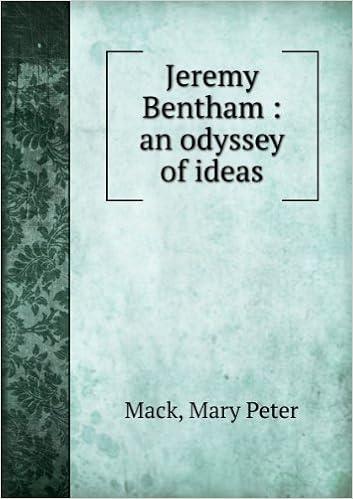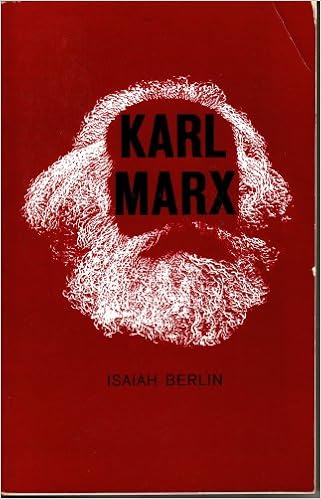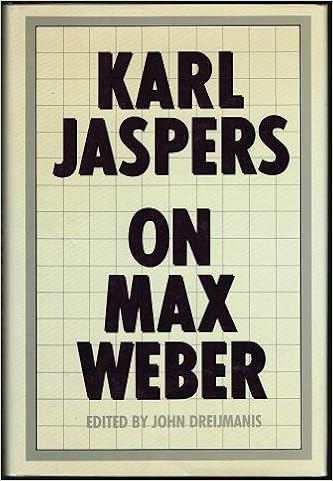
 Jeremy Bentham: An Odyssey of Ideas
by
Jeremy Bentham: An Odyssey of Ideas
by
Alexis Charles Henri Clérel, Viscount de Tocqueville was a French diplomat, political scientist, and historian. He was best known for his works "Democracy in America" (appearing in two volumes: 1835 and 1840) and "The Old Regime and the Revolution" (1856). In both he analyzed the improved living standards and social conditions of individuals, as well as their relationship to the market and state in Western societies. "Democracy in America" was published after Tocqueville's travels in the United States and is today considered an early work of sociology and political science.
Karl Marx was a German-born scientist, philosopher, economist, sociologist, journalist, and revolutionary socialist. Marx spent much of his life in London, England, where he worked in collaboration with German thinker Friedrich Engels and published various works, the most well-known being the 1848 pamphlet The Communist Manifesto. His work has since influenced subsequent intellectual, economic, and political history. Marx's theories about society, economics and politics—collectively understood as Marxism—hold that human societies develop through class struggle; in capitalism, this manifests itself in the conflict between the ruling classes (known as the bourgeoisie) that control the means of production and working classes (known as the proletariat) that enable these means by selling their labour for wages.
 Karl Marx: His Life and Environment
by
Karl Marx: His Life and Environment
by
Friedrich Engels was a German philosopher, social scientist, journalist, and businessman. He founded Marxist theory together with Karl Marx. In 1845, he published "The Condition of the Working Class in England", based on personal observations and research in Manchester. In 1848, he co-authored "The Communist Manifesto" with Marx.
John Stuart Mill was an English philosopher, political economist and civil servant. One of the most influential thinkers in the history of liberalism, he contributed widely to social theory, political theory and political economy. Dubbed "the most influential English-speaking philosopher of the nineteenth century", Mill's conception of liberty justified the freedom of the individual in opposition to unlimited state and social control.
Karl Emil Maximilian "Max" Weber was a Prussian and German sociologist, philosopher, jurist, and political economist whose ideas profoundly influenced social theory and social research. Weber is often cited, with Émile Durkheim and Karl Marx, as among the three founders of sociology. Weber's main intellectual concern was understanding the processes of rationalisation, secularisation, and "disenchantment" that he associated with the rise of capitalism and modernity, and which he saw as the result of a new way of thinking about the world. Weber is best known for his thesis combining economic sociology and the sociology of religion, elaborated in his book "The Protestant Ethic and the Spirit of Capitalism", in which he proposed that ascetic Protestantism was one of the major "elective affinities" associated with the rise in the Western world of market-driven capitalism and the rational-legal nation-state.
 On Max Weber
by
On Max Weber
by